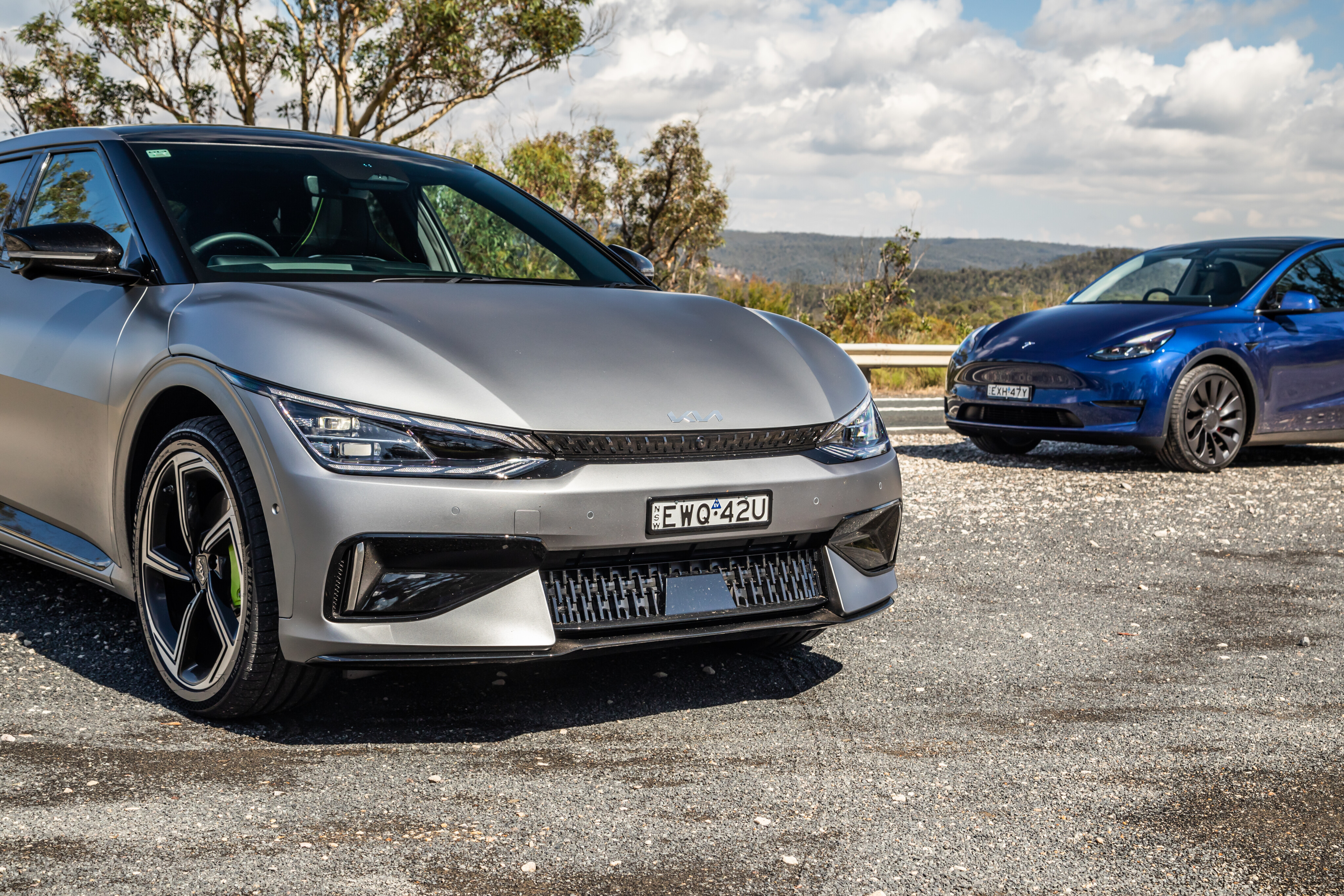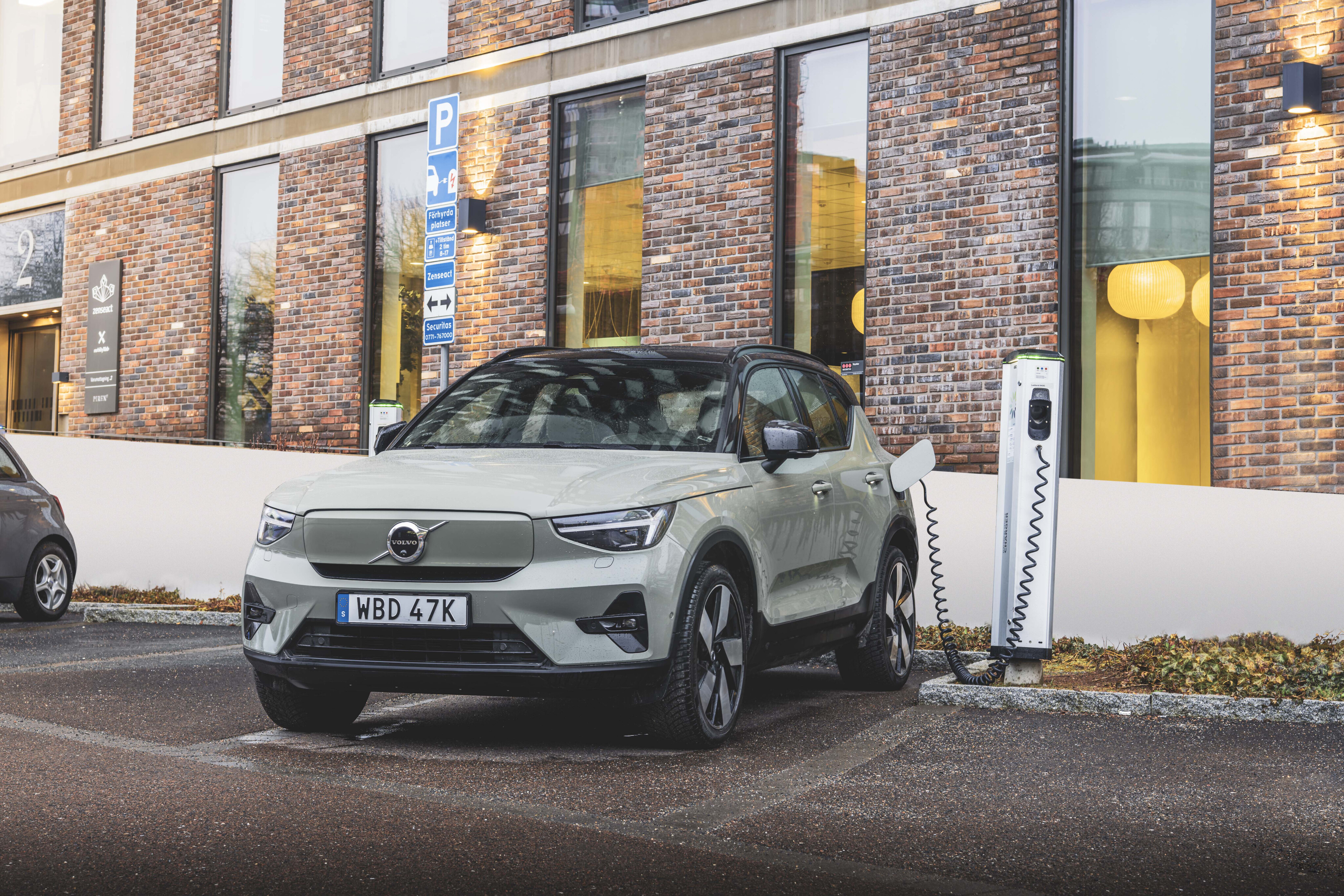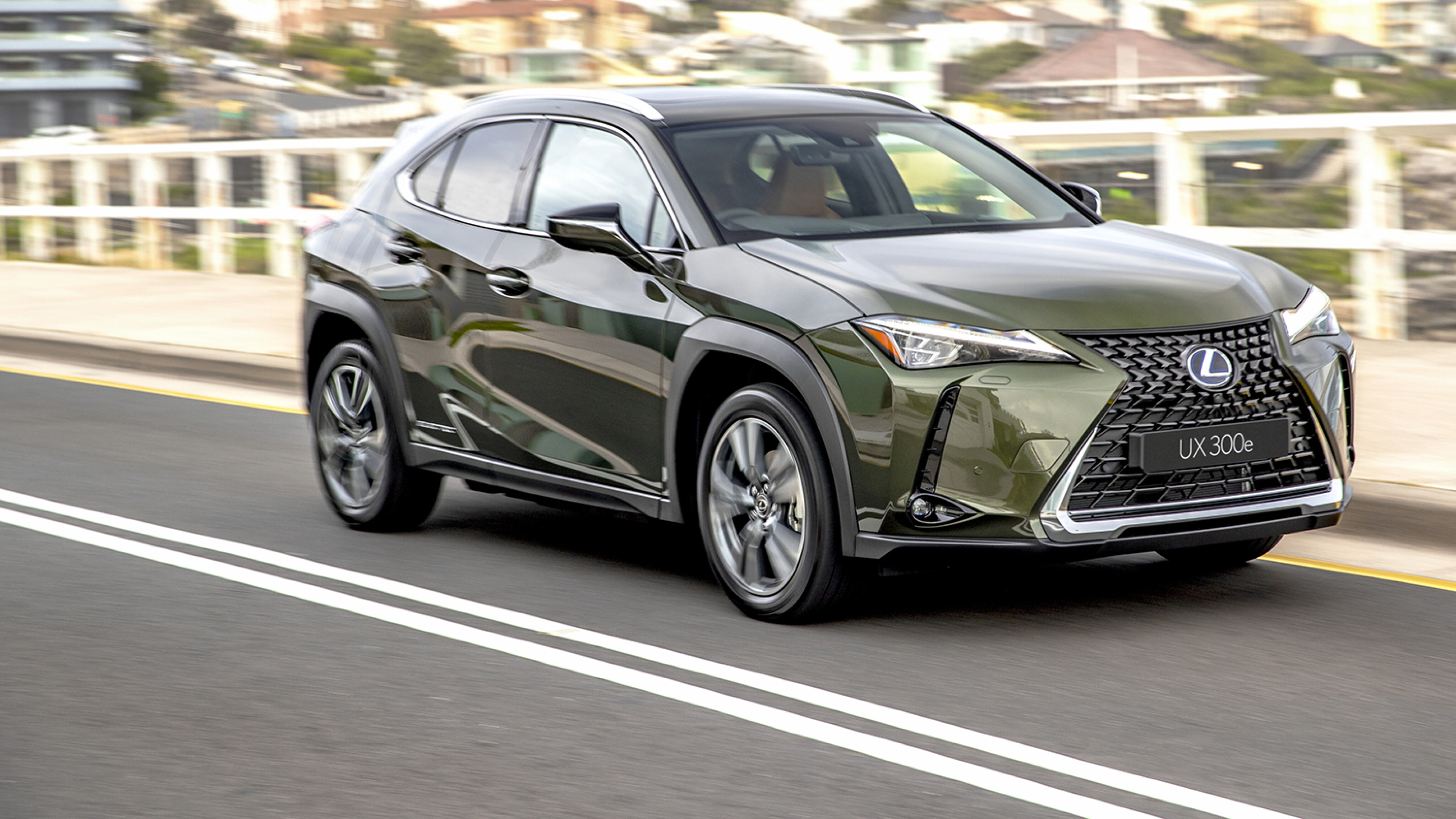
June 2023: EVs could be free from LCT under EU trade deal
The price of some European-made electric vehicles could dramatically reduce as the Australian Government considers cutting or abolishing the Luxury Car Tax (LCT).
Story continues: Which EVs are exempt from the LCT?
The Luxury Car Tax (LCT) is a compulsory levy that raises the price of many new vehicles in Australia, but with the right choice, EV buyers can avoid it.
Snapshot
- LCT adds another cost to EVs above the threshold
- Fuel-efficient vehicles benefit from higher threshold
- All commercial vehicles are exempt
For now and likely for a while to come, electric cars are (mostly) more expensive to buy than an equivalent petrol- or diesel-powered car.
After all, it’s one key perceived barrier to adoption, even though cheaper ownership costs over time will eventually recoup and surpass that price premium as you drive farther.
Therefore, the LCT adds another unavoidable cost layer and can exacerbate this price hurdle – an issue that industry advocates have long called for its abolishment to no avail.
But, with the threshold lifted again for the latest 2023-24 financial year, which EVs dodge the LCT?
JUMP AHEAD
Firstly, what is the LCT?
The Luxury Car Tax is a compulsory fee to pay on a vehicle that is sold or imported, two years old or less, and above a price threshold set by the ATO.
It is a 33 per cent tax calculated on the amount over the threshold.
EVs have some more wiggle room – being classed under a higher fuel-efficient vehicle threshold – but that also applies to any petrol- or diesel-engined model with a claimed combined fuel consumption of 7.0L/100km.

To determine whether a vehicle is subject to LCT, refer to the manufacturer’s retail price of the vehicle – including the Goods and Services Tax (GST), any options or modifications fitted (except for people with a disability), and dealer delivery charges at the time of purchase.
However, the ATO doesn’t account for mandatory ‘on-road costs’, including stamp duty, registration and compulsory third-party insurance (CTP).
Most car brands (except for Tesla) include the LCT in the listed retail price before on-road costs, usually with an asterisk point to say as much.
Also, all commercial vehicles designed mainly for carrying goods are exempt from the LCT, regardless of price. After all, they're clearly not luxury cars – a point Toyota has railed against many times, in regard to its large SUVs.
What is the purpose of the LCT?
The LCT was legislated by the Howard government in July 2001 to discourage Australians from buying imported prestige vehicles in favour of supporting Australian-made models from Holden, Ford and Toyota at the time.
Of course, that Australian car manufacturing industry is now mostly extinct, with only retrofit and conversion factories operating today. The increasing costs of new cars has also meant not all LCT-applicable models are considered ‘luxury’.
Which EVs are exempt from LCT?
In the latest 2023-24 financial year (effective between July 1, 2023 to June 30, 2024), the LCT threshold for fuel-efficient vehicles has been lifted to $89,332 (up $4416).
This means the following electric car models now fall under the threshold.
- Hyundai Ioniq 5 Epiq AWD
- Volvo XC40 Ultimate Twin
- Tesla Model 3 Performance
- Kia EV6 GT-Line AWD
- Mercedes-Benz EQB 250
- Volvo C40 Ultimate Twin
- Hyundai Ioniq 6 Epiq AWD
- Lexus UX300e Sports Luxury
Tesla Model Y Long Range buyers looking to add options, such as exterior colour (white is the only colour that doesn't cost extra), a white interior or larger wheels can also now do so without incurring the LCT.

Every LCT exempt EV model in 2023-24 financial year
The following prices are accurate as at publication and subject to change. LCT exemption applies to all model variants, unless otherwise stated. All commercial vehicles are also exempt.
| Model | Price (before on-road costs) |
|---|---|
| GWM Ora | $43,990-$53,990 |
| MG ZS EV | $43,990-$55,990 |
| MG 4 | $44,990-$55,990 |
| BYD Atto 3 | $48,011-$51,011 |
| Nissan Leaf | $50,990-$61,490 |
| Fiat 500e | $52,500 |
| Hyundai Kona Electric | $54,500-$64,000 |
| Mini Electric | $55,650-$62,825 |
| Cupra Born | $59,990 |
| Peugeot E-2008 | $59,990 |
| Peugeot E-Partner | $59,990 |
| Tesla Model 3 | $61,300-$87,300 |
| Polestar 2 | $63,900-$73,400 |
| Kia Niro Plus EV | $64,450 |
| Kia Niro EV | $65,300-$72,100 |
| Mazda MX-30 Electric | $65,490 |
| Tesla Model Y (RWD and Long Range only) | $69,300-$82,300 |
| Hyundai Ioniq 5 | $72,000-$85,000 |
| Kia EV6 (Air, GT-Line RWD/AWD only) | $72,590-$87,590 |
| Hyundai Ioniq 6 | $74,000-$88,000 |
| Volvo XC40 Recharge | $76,990-$85,990 |
| Volvo C40 Recharge | $78,990-$87,990 |
| Ford Mustang Mach-E (Select only) | $79,990 |
| Lexus UX300e | $79,990-$88,490 |
| Mercedes-Benz EQA (250 only) | $81,700 |
| BMW iX1 | $84,900 |
| Mercedes-Benz EQB (250 only) | $87,800 |
| Mercedes-Benz eVito panel van | $89,353 |
| LDV eT60 | $92,990 |
| LDV eDeliver 9 | $99,990-$118,836 |
| Ford E-Transit | $104,990-$106,490 |
COMMENTS